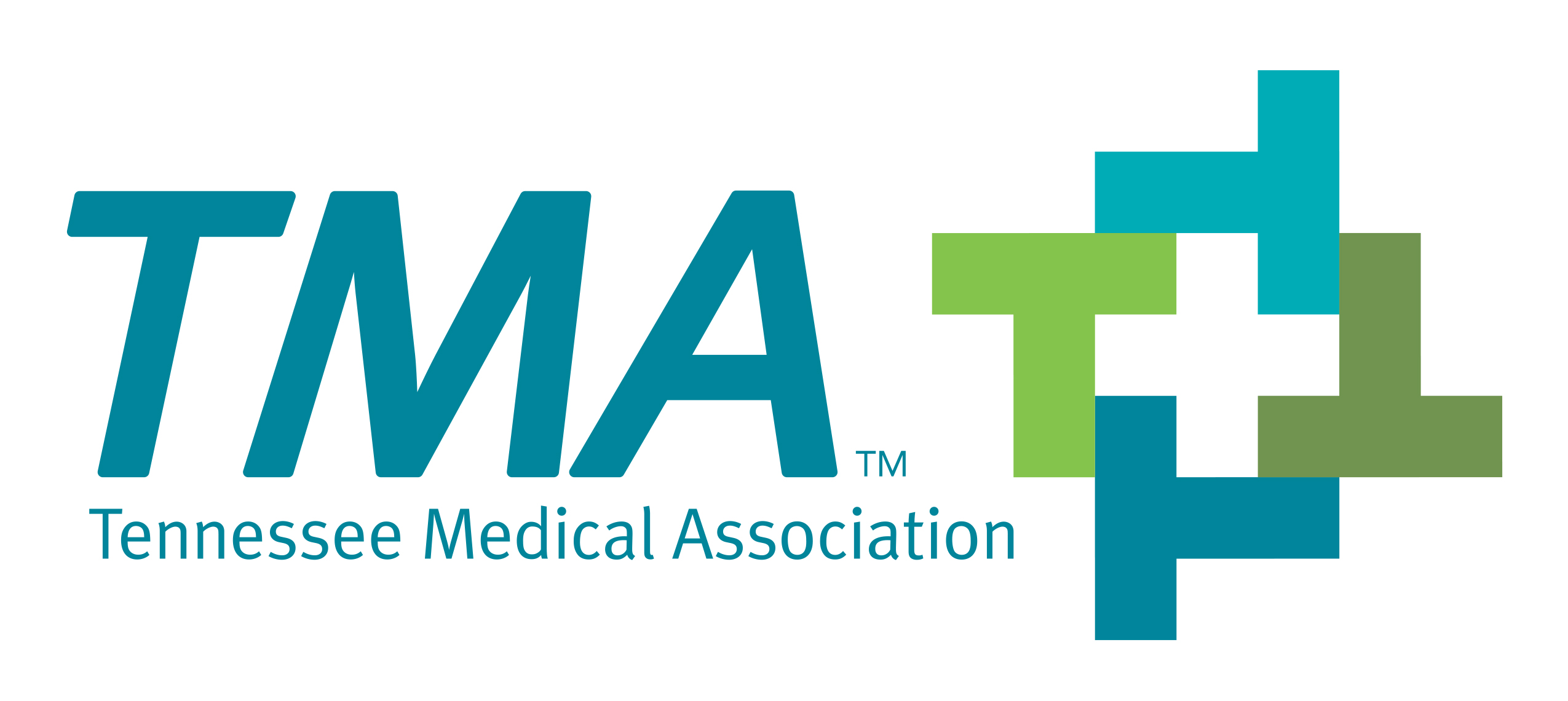LEGISLATIVE
A central part of TMA’s advocacy mission is state-level government relations, and the advocacy team works with state lawmakers and other organizations to achieve members’ legislative priorities as defined by the Legislative Committee, Board of Trustees and House of Delegates. Our lobbyists review hundreds of bills each year to identify measures that promote or threaten good healthcare policies and then organize member physicians and organizations to help carry out TMA’s support or opposition.
Review some of the major legislative wins TMA has achieved on your behalf or in your defense.
2026 Legislative Priorities
Insurance Payment reform
Health insurance entities routinely deny claims for reimbursement when patient care has already been rendered. Often the reasons are not transparent or are arbitrarily decided. Through a comprehensive bill, TMA will look to address several problematic payment practices to improve transparency and efficiency in claims processing.
Physician Oversight in Ai
The use of artificial intelligence (AI) in healthcare is increasing rapidly, but AI-generated medical recommendations can sometimes be inaccurate or incomplete. TMA will work to ensure AI integration in healthcare prioritizes patient safety, clinical accuracy, physician involvement and informed patient consent to maintain high standards of medical care.
TennCare Payment Reform
TennCare ensures access to care for Tennessee’s most vulnerable, but current reimbursement rates fall well below the cost of providing care and make it difficult for physicians to afford to participate. TMA is seeking long-term solutions aimed at improving reimbursement rates to encourage robust physician participation and improved network adequacy.
Please send all press inquiries to communications@tnmed.org.
View summaries of TMA's work during past legislative sessions:

